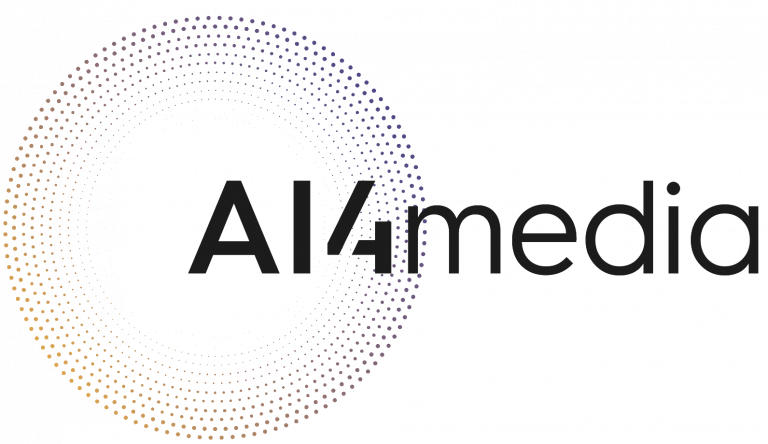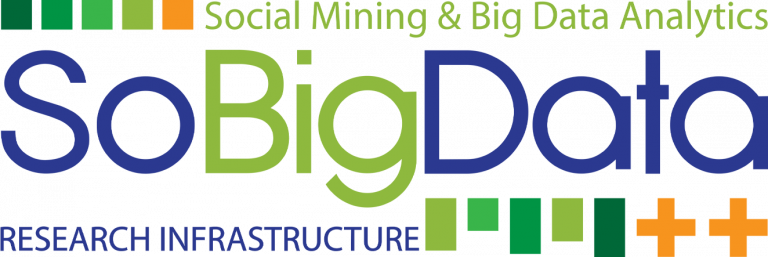Two categories of papers are of interest:
- papers reporting original, unpublished research
- papers {published in 2022 / currently under submission / accepted in 2022} at other {workshops / conferences / journals}, provided this double submission does not violate the rules of these {workshops / conferences / journals}
We seek papers on any of the following topics, which will form the main themes of the workshop:
- Binary, multiclass, and ordinal LQ
- Supervised algorithms for LQ
- Semi-supervised / transductive LQ
- Deep learning for LQ
- Representation learning for LQ
- LQ and dataset shift
- Evaluation measures for LQ
- Experimental protocols for the evaluation of LQ
- Quantification of streaming data
- Quantifying text by topic and quantifying text by sentiment
- Novel applications of LQ
and other topics of relevance to LQ.
Important dates (all 23:59 AoE)
- Paper submission deadline: June 20, 2022
- A/R notification deadline: July 13, 2022
- Final copy submission deadline: August 30, 2022
- LQ 2022 workshop: September 23, 2022 (morning)
Submission
Papers should be submitted via EasyChair.
Papers should be formatted according to the same format as for the main ECML/PKDD 2022 conference, and should be up to 16 pages (including references) in length; however, this is just the upper bound, and contributions of any length up to this bound will be considered.
Other information
The workshop will be a hybrid event, but it is strongly recommended that authors of accepted papers present the work in-presence. At least one author of each accepted paper must register to present the work. The proceedings of the workshop will not be formally published, so as to allow authors to resubmit their work to other conferences. Informal proceedings will be published on the workshop website; however, for each accepted paper, it will be left at the discretion of the authors to decide whether to contribute their paper or not to these proceedings.
Contact: LQ2022Chairs@isti.cnr.it


